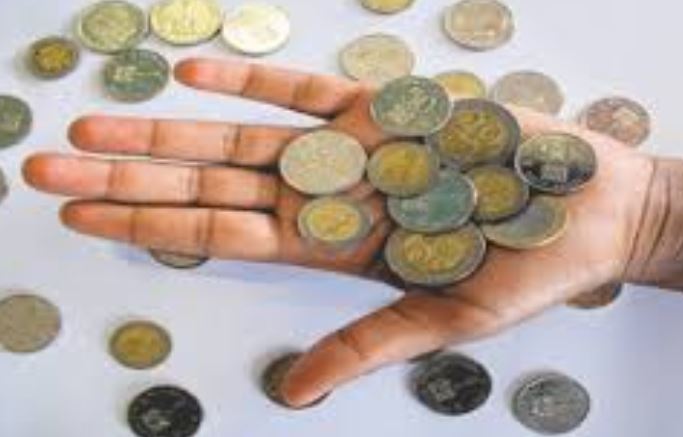×
The Standard e-Paper
Home To Bold Columnists

Kenya's poorest emerged the biggest casualties of the proposed steep taxation measures that will see petrol and kerosene priced the same.
A litre of kerosene will sell at nearly Sh100 by July 1, after the new taxes come into force to amplify the effects of yesterday's pricing review by the Energy Regulatory Commission.